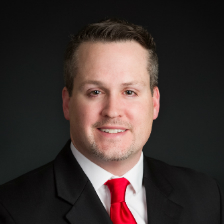
Ryan Owens: Now it really is the Roberts court
With Anthony Kennedy’s retirement, the chief justice will likely move into the swing seat.
Visit WisPolitics-State Affairs for premium content,
keyword notifications, bill tracking and more

Submit columns for consideration to wisopinion@wispolitics.com

With Anthony Kennedy’s retirement, the chief justice will likely move into the swing seat.

As news outlets and political pundits anxiously await the groundbreaking on Foxconn’s Racine County manufacturing facility, in the City of Racine, we are already starting to see how Foxconn’s unprecedented investment will benefit local residents and families.

The Foxconn project is billed as transformational for Wisconsin’s economy. But by 21st century environmental standards, it is out of date.

In what can only be described as another example of why anger management classes are needed in the White House, Trump has threatened Harley-Davidson, the iconic motorcycle company, with severe taxes. He also went further and predicted a public revolt that he said would eventually put the 115-year-old firm out of business.

Strange Supreme Court decision on Wisconsin redistricting leaves some room for hope.
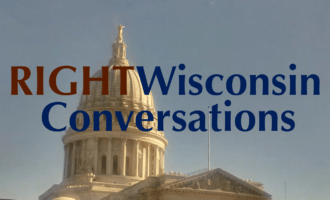
RightWisconsin editor James Wigderson speaks with Appeals Court Judge Brian Hagedorn to discuss his possible run for the Wisconsin Supreme Court.
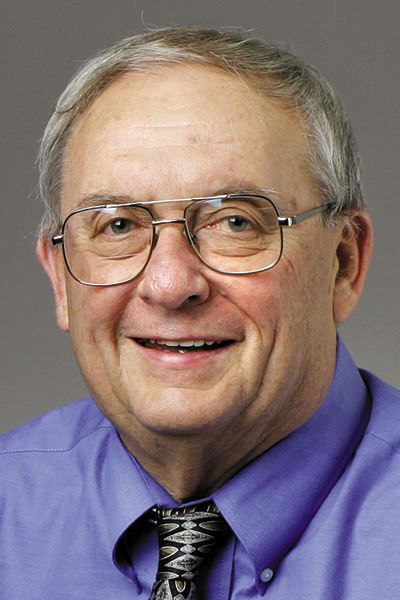
That Mr. Evjue was prescient in warning about a dictatorship of wealth was exemplified earlier this month when the Seattle, Washington, city council voted to repeal a “head tax” it had enacted a few weeks earlier to raise money to help the homeless and build affordable housing in the city.
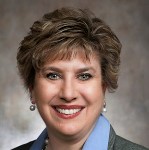
Years of Republican policies that favor large corporations over smaller family farms and drive down milk prices are having detrimental impacts on our local communities.

There are many forms of loyalty, some courageous, some unthinking. But the loyalty that Walker gives Trump is the most dangerous of all.
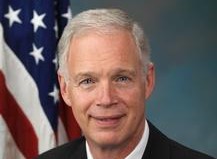
Medicaid is an important federal program intended to help Americans in need. Increasingly, however, the program is funding fraudsters whose primary goal is self-enrichment.

Trump believed his tariffs on steel and aluminum would help balance America’s trade deficit with powerful nations like China. But in doing so, he’s prescribing a dangerous operation for a patient who isn’t sick.

That Harley-Davidson is among the first out of the gate with a warning on higher costs is a black eye for President Donald Trump, who last year thanked the company for “building things in America.”

One clear sign would be if Leah Vukmir loses U.S. Senate primary.

How expanded entrepreneurship can fit into Wisconsin’s economy.

Corporate America has largely avoided sticking its head over the parapet in the trade war. That’s going to become harder as the bellicose rhetoric transforms into action.

This week, Harley-Davidson became among the highest-profile casualties of Trump’s escalating trade wars.
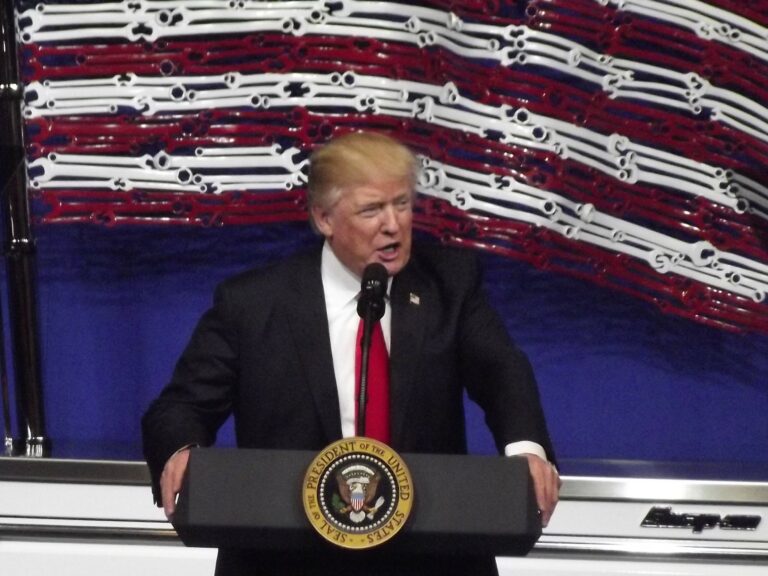
While the casualties in Trump’s trade war have been kind of “faceless” so far, that changed yesterday with the announcement by Harley-Davidson that the US motorcycle company would be moving more of its production outside of the US in response to Trump’s tariffs.
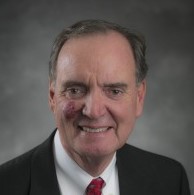
We are already seeing the statewide benefits of Foxconn’s historic investment.

A recent story in the British newspaper The Observer, sister paper to The Guardian, reported that the corporation’s factory in Hengyang, China, had once again violated employment laws in that country.
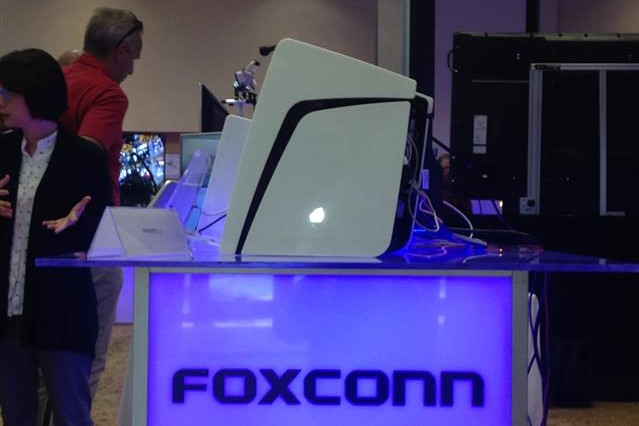
“The Road to Sprawlville” now runs from State Capitol to rural Racine County and right through to Mount Pleasant by bulldozing the land, diverting the water, polluting the air and evading or breaking traditional Wisconsin practices and values.

With Anthony Kennedy’s retirement, the chief justice will likely move into the swing seat.

As news outlets and political pundits anxiously await the groundbreaking on Foxconn’s Racine County manufacturing facility, in the City of Racine, we are already starting to see how Foxconn’s unprecedented investment will benefit local residents and families.

The Foxconn project is billed as transformational for Wisconsin’s economy. But by 21st century environmental standards, it is out of date.

In what can only be described as another example of why anger management classes are needed in the White House, Trump has threatened Harley-Davidson, the iconic motorcycle company, with severe taxes. He also went further and predicted a public revolt that he said would eventually put the 115-year-old firm out of business.

Strange Supreme Court decision on Wisconsin redistricting leaves some room for hope.
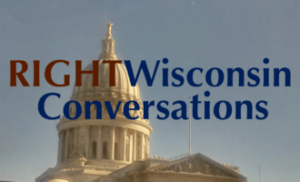
RightWisconsin editor James Wigderson speaks with Appeals Court Judge Brian Hagedorn to discuss his possible run for the Wisconsin Supreme Court.
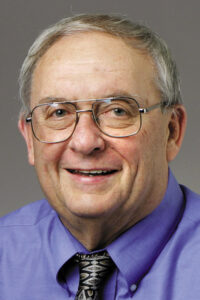
That Mr. Evjue was prescient in warning about a dictatorship of wealth was exemplified earlier this month when the Seattle, Washington, city council voted to repeal a “head tax” it had enacted a few weeks earlier to raise money to help the homeless and build affordable housing in the city.

Years of Republican policies that favor large corporations over smaller family farms and drive down milk prices are having detrimental impacts on our local communities.

There are many forms of loyalty, some courageous, some unthinking. But the loyalty that Walker gives Trump is the most dangerous of all.

Medicaid is an important federal program intended to help Americans in need. Increasingly, however, the program is funding fraudsters whose primary goal is self-enrichment.

Trump believed his tariffs on steel and aluminum would help balance America’s trade deficit with powerful nations like China. But in doing so, he’s prescribing a dangerous operation for a patient who isn’t sick.

That Harley-Davidson is among the first out of the gate with a warning on higher costs is a black eye for President Donald Trump, who last year thanked the company for “building things in America.”

One clear sign would be if Leah Vukmir loses U.S. Senate primary.

How expanded entrepreneurship can fit into Wisconsin’s economy.

Corporate America has largely avoided sticking its head over the parapet in the trade war. That’s going to become harder as the bellicose rhetoric transforms into action.

This week, Harley-Davidson became among the highest-profile casualties of Trump’s escalating trade wars.
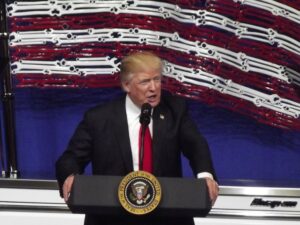
While the casualties in Trump’s trade war have been kind of “faceless” so far, that changed yesterday with the announcement by Harley-Davidson that the US motorcycle company would be moving more of its production outside of the US in response to Trump’s tariffs.

We are already seeing the statewide benefits of Foxconn’s historic investment.

A recent story in the British newspaper The Observer, sister paper to The Guardian, reported that the corporation’s factory in Hengyang, China, had once again violated employment laws in that country.

“The Road to Sprawlville” now runs from State Capitol to rural Racine County and right through to Mount Pleasant by bulldozing the land, diverting the water, polluting the air and evading or breaking traditional Wisconsin practices and values.